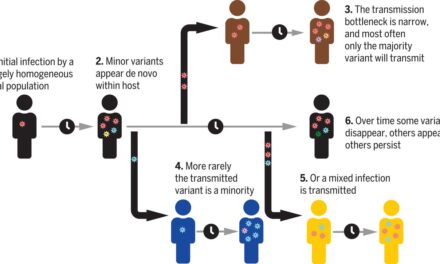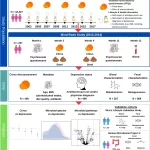Florida, USA – A recent study conducted by researchers at Florida State University suggests that a history of social isolation and alcohol consumption may influence the effectiveness and safety of ketamine treatment for depression. The findings, published in the journal eNeuro, highlight significant sex-dependent variations in ketamine intake and synaptic changes in the brain’s reward-related regions.
Ketamine is increasingly being used as a treatment for major depressive disorder, particularly in cases resistant to conventional therapies. However, whether individuals with a history of alcohol use disorder can safely undergo repeated ketamine treatment remains an open question. To investigate this, lead researcher Mohamed Kabbaj and his team modeled aspects of human depression in rats, examining how prolonged isolation and prior alcohol exposure impact ketamine intake.
The study found notable differences between male and female rats. Female rats generally consumed more ketamine than their male counterparts, and prior alcohol use further increased ketamine intake while altering synaptic structures in brain regions associated with reward processing. In contrast, male rats exhibited independent increases in ketamine consumption due to both social isolation and prior alcohol use. Males that consumed alcohol during isolation also showed different synaptic changes compared to those who did not have alcohol exposure.
These findings suggest that clinicians should carefully consider a patient’s sex and alcohol use history when prescribing ketamine for depression. According to the authors, the research provides valuable insights that could help improve the treatment strategies for major depressive disorder.
The full study, titled Effects of Chronic Social Isolation Stress and Alcohol on the Reinforcing Properties of Ketamine in Male and Female Rats, is available in eNeuro (2025). DOI: 10.1523/ENEURO.0452-24.2025.
Disclaimer: This study was conducted in animal models, and while it provides important insights, further clinical research is necessary to determine how these findings translate to human patients. Individuals should consult healthcare professionals before considering ketamine or any other treatment for depression.










